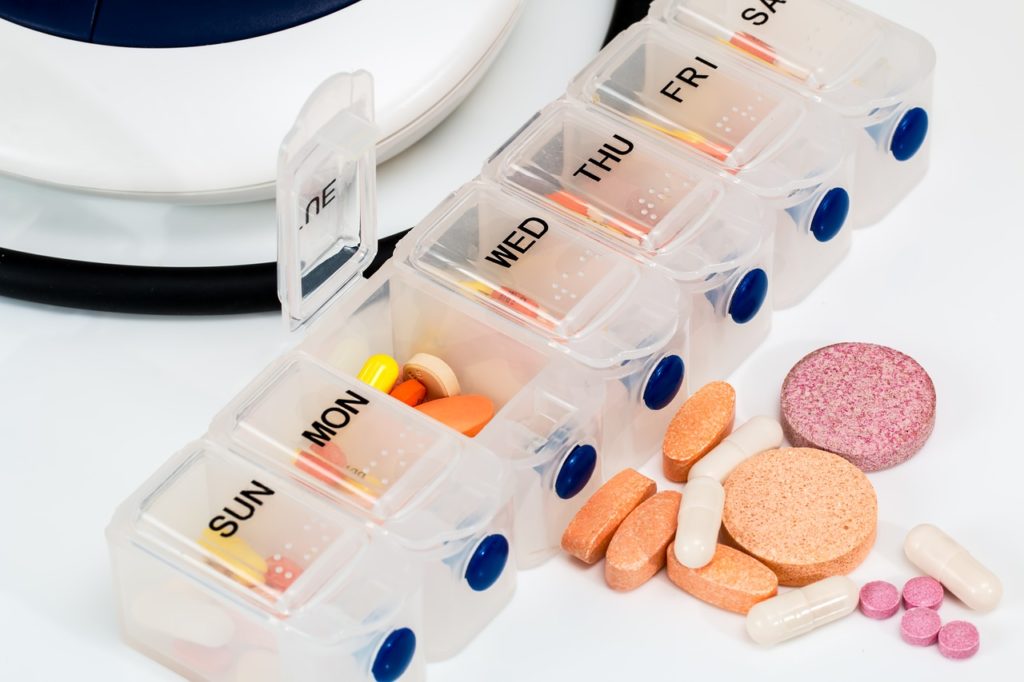Proton Pump Inhibitors, PPIs, have many serious side effects including early dementia, heart disease and kidney failure. Such adverse events are attributed to endothelial damage and vascular aging. Few weeks ago, a young GERD patient presented to my office with PPI induced subacute cutaneous lupus erythematosus, SCLE. A number of medications like ACE inhibitors, thiazides and others can result in SCLE. I was not aware that PPIs are included in this list. The FDA does not recognize SCLE as a PPI-associated adverse event. However, a study published in 2016 by Nitish Aggarwal, recommends PPI discontinuation if SCLE occurs. The author analyzed 120 SCLE cases and he confirmed an association with PPI use. PPI discontinuation resulted in SCLE resolution.
PPIs are not without side effects. Their adverse reactions are numerous and affects multiple organ system including the immune system. Indiscriminate use of PPIs by patients and physicians is to be discouraged. Self-medicating with OTC PPIs is unfortunately quite prevalent. The majority of GERD patients ignore the FDA warning on OTC PPI bottles limiting PPI use to less than 14 days. Indeed, once you start PPIs for acid reflux symptom control it is quite hard to stop them. Herein lies the danger of these medications. PPIs use cannot be limited to 14 days for GERD is a chronic and progressive disease. PPIs neither address GERD pathophysiology nor cure the disease. These medications simply mask GERD related symptoms.

